FCC chairman Ajit Pai to resign when Biden is inaugurated
Pai’s resignation could pave the way for net neutrality’s return
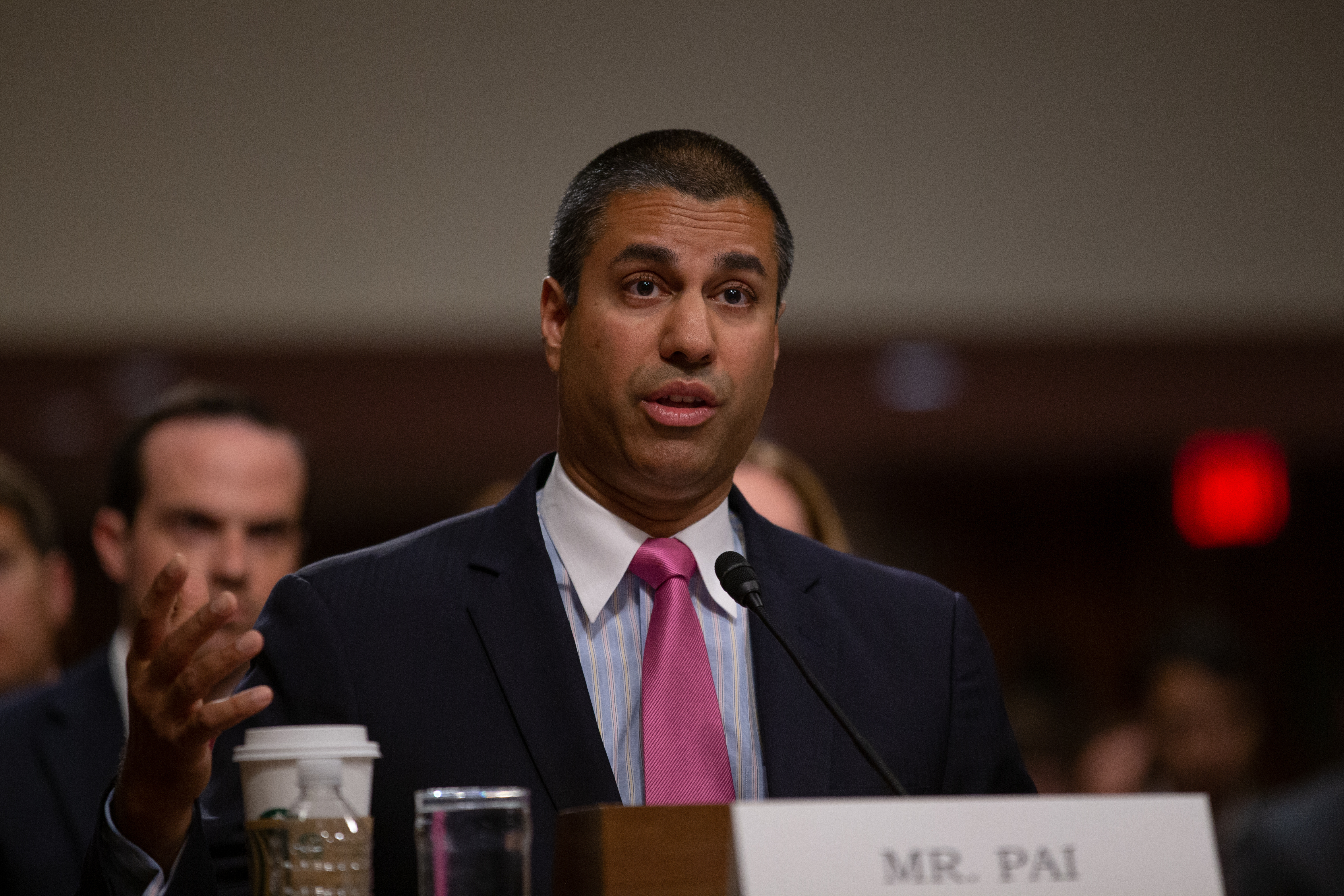

Republican Federal Communications Commission (FCC) chairman, Ajit Pai, has announced he’ll leave his post on January 20, 2021 — the same day President-elect Joe Biden will be sworn in.
During his tenure, Pai played a key role in stripping out net neutrality protections enacted under the Obama administration. In late 2017, the FCC voted along party lines to remove “Title II” classification for broadband service, enabling internet service providers (ISPs) to block and throttle bandwidth. The rollback also allowed service providers to charge for traffic prioritization, as long as they disclosed such practices. This effectively allowed ISPs to slow competitors’ content.
It’s unknown who’ll take over the chairperson role, but Biden will likely aim to move a Democrat commissioner into the vacant chairperson role and appoint a new Democrat to fill the then-vacant commissioner seat. This would give democrats a 3-2 majority — the largest party majority allowed in the FCC — and clear the way for Biden to reinstate net neutrality protections.
“It has been the honor of a lifetime to serve at the Federal Communications Commission, including as Chairman of the FCC over the past four years,” Pai said in a statement that largely ignored the issue of net neutrality. “To be the first Asian-American to chair the FCC has been a particular privilege. As I often say: only in America.”
Pai also oversaw the merger of Sprint with T-Mobile, which he called “a unique opportunity to speed up the deployment of 5G throughout the United States.” He also implemented measures to fight robocalls and established a national suicide prevention hotline number.
Pai added in his statement that he put in place more measures to ensure transparency within the commission.
“For the first time ever, we’ve made public drafts of the proposals and orders slated for a vote three weeks before the agency’s monthly meetings,” Pai said, “making this the most transparent FCC in history.”
Get the ITPro daily newsletter
Sign up today and you will receive a free copy of our Future Focus 2025 report - the leading guidance on AI, cybersecurity and other IT challenges as per 700+ senior executives
Pai has been on the FCC since President Obama nominated him at Mitch McConnell’s recommendation in 2012. In January 2017, President Donald Trump appointed him the FCC chairman, which carries a five-year term.
Pai’s upcoming departure has sparked debate over who’ll fill his vacant seat. With Republican Michael O'Reilly's term set to expire on January 3, 2021, Biden will have two commission seats to fill.
Whoever Biden chooses to fill these vacant seats will have to go through Senate confirmation, which could be an uphill battle. Following the 2020 general election, Republicans hold a slim 50-48 majority in the new Senate in 2021, but two Georgia Senate runoff elections are coming on January 5, 2021.
If Republicans incumbents retain either Georgia Senate seat, they’ll keep a narrow majority, forcing Biden to work with Senate Republicans to confirm his FCC nominees.
If Democrats win both Georgia Senate runoffs, there will be a 50-50 party split in the Senate. Vice President-elect Kamala Harris will hold the tiebreaking Senate vote, clearing Biden’s FCC nominees’ confirmation path.
Among the contenders for FCC chairman are Democrats Jessica Rosenworcel and Geoffrey Starks. Rosenworcel has been an FCC commissioner since 2012 and is the frontrunner. Starks has been on the FCC since January 2019.
Rene Millman is a freelance writer and broadcaster who covers cybersecurity, AI, IoT, and the cloud. He also works as a contributing analyst at GigaOm and has previously worked as an analyst for Gartner covering the infrastructure market. He has made numerous television appearances to give his views and expertise on technology trends and companies that affect and shape our lives. You can follow Rene Millman on Twitter.
-
 Should AI PCs be part of your next hardware refresh?
Should AI PCs be part of your next hardware refresh?AI PCs are fast becoming a business staple and a surefire way to future-proof your business
By Bobby Hellard
-
 Westcon-Comstor and Vectra AI launch brace of new channel initiatives
Westcon-Comstor and Vectra AI launch brace of new channel initiativesNews Westcon-Comstor and Vectra AI have announced the launch of two new channel growth initiatives focused on the managed security service provider (MSSP) space and AWS Marketplace.
By Daniel Todd
-
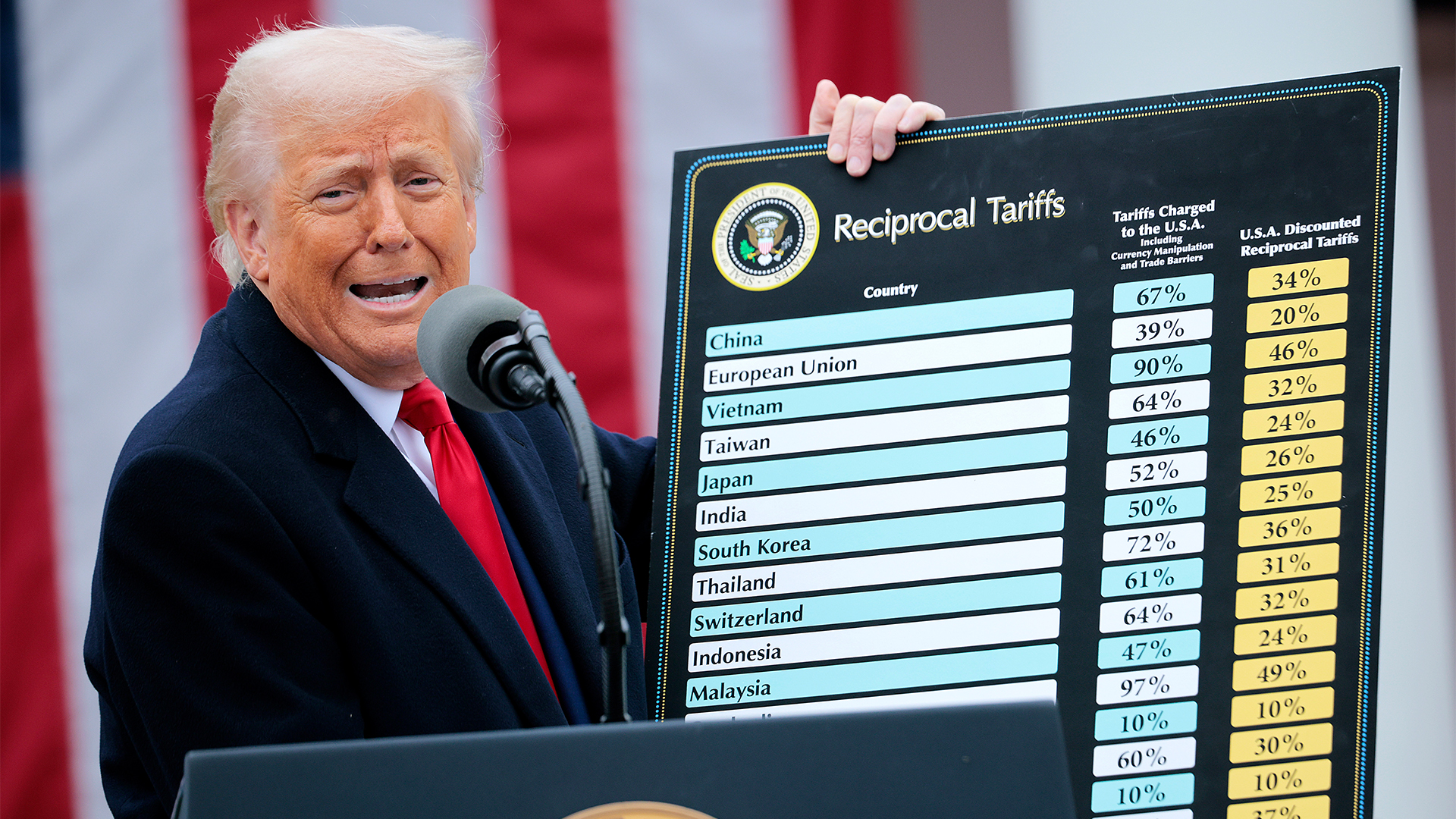 IDC warns US tariffs will impact tech sector spending
IDC warns US tariffs will impact tech sector spendingNews IDC has warned that the US government's sweeping tariffs could cut global IT spending in half over the next six months.
By Bobby Hellard
-
 US government urged to overhaul outdated technology
US government urged to overhaul outdated technologyNews A review from the US Government Accountability Office (GAO) has found legacy technology and outdated IT systems are negatively impacting efficiency.
By George Fitzmaurice
-
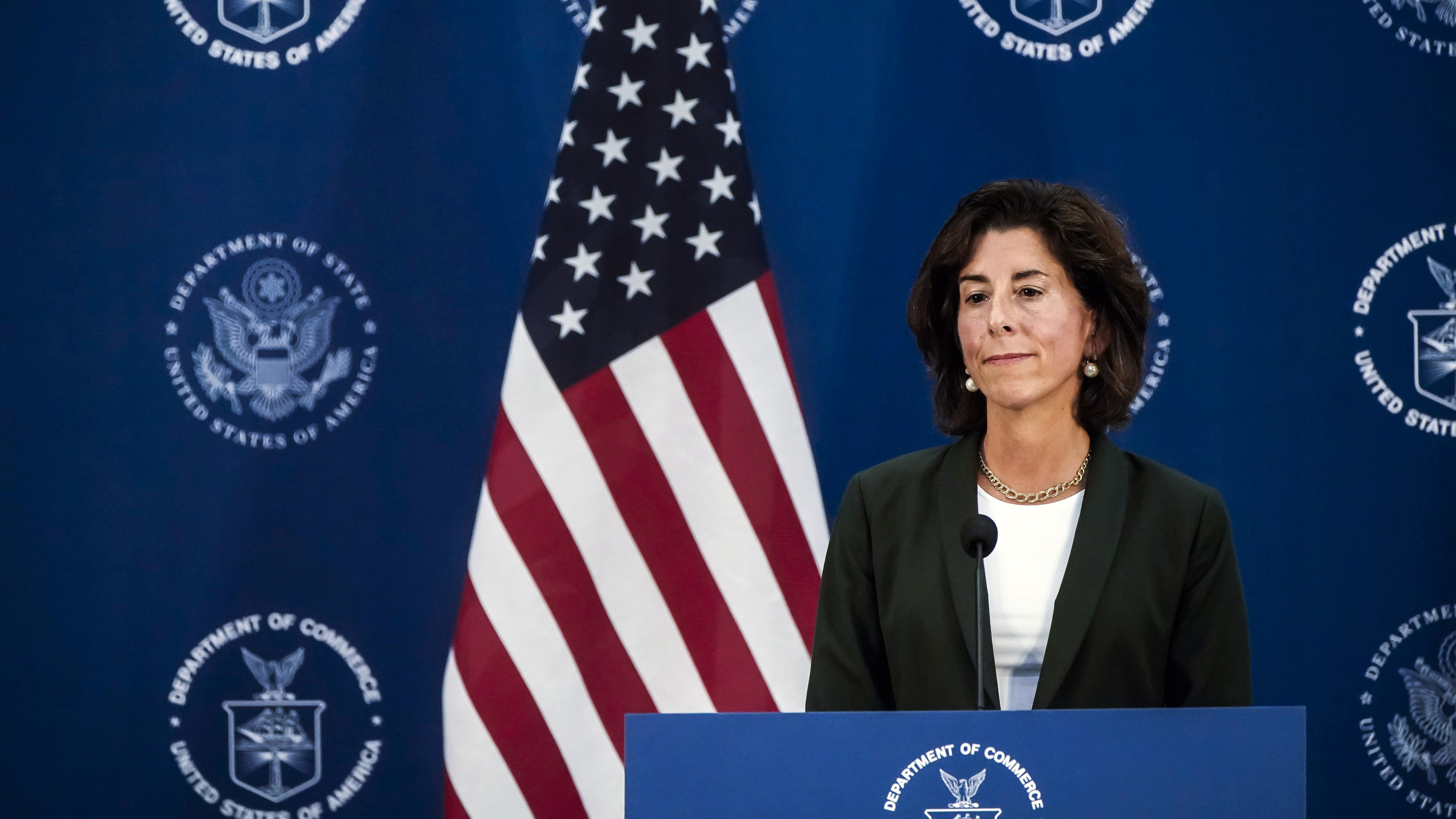 US proposes new ‘know-your-customer’ restrictions on cloud providers
US proposes new ‘know-your-customer’ restrictions on cloud providersNews The US aims to stifle Chinese AI competition with new restrictions on cloud providers to verify foreign data center users
By Solomon Klappholz
-
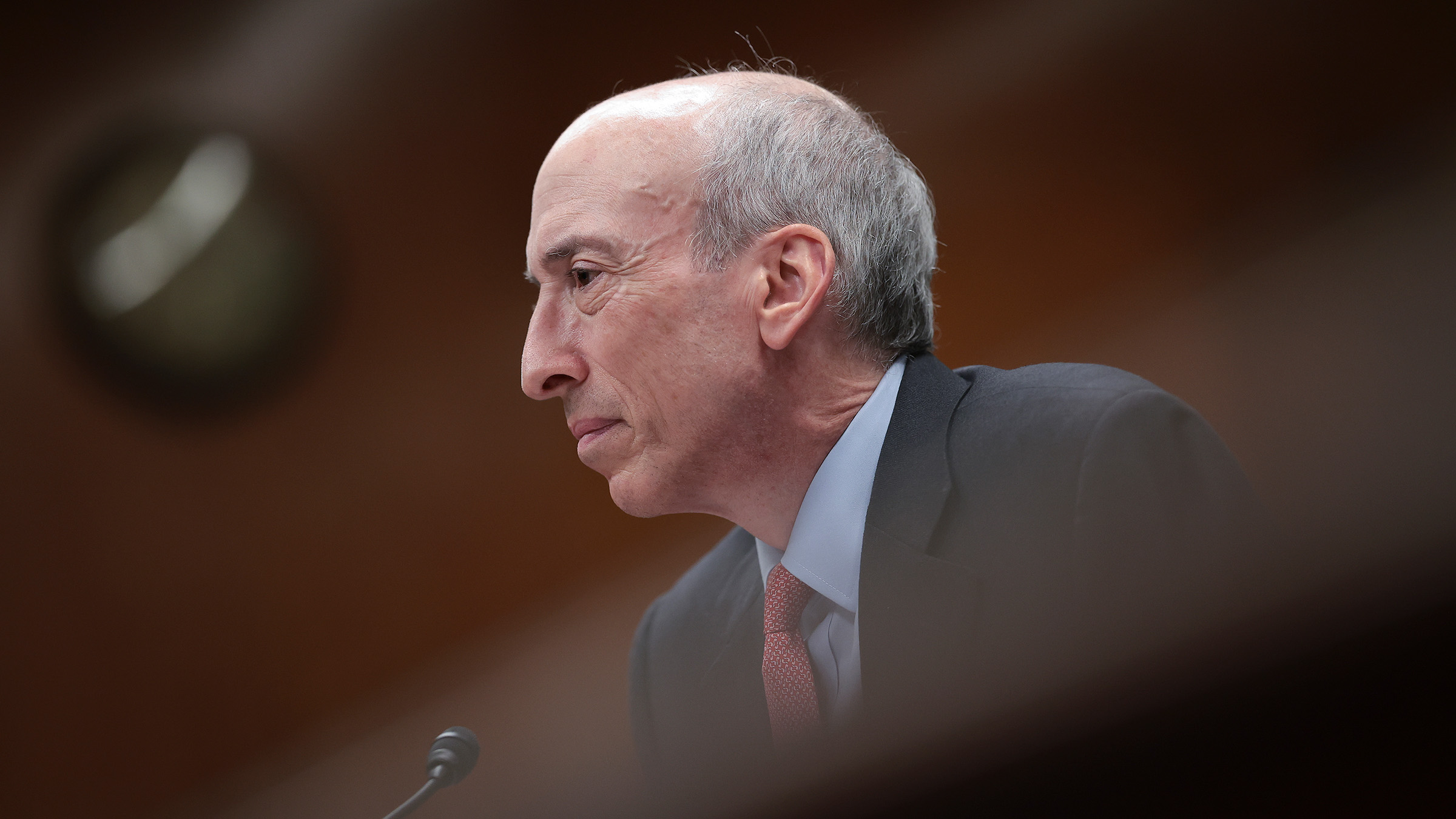 SEC passes rules compelling US public companies to report data breaches within four days
SEC passes rules compelling US public companies to report data breaches within four daysNews Foreign entities trading publicly in the US will also be held to comparative standards
By Rory Bathgate
-
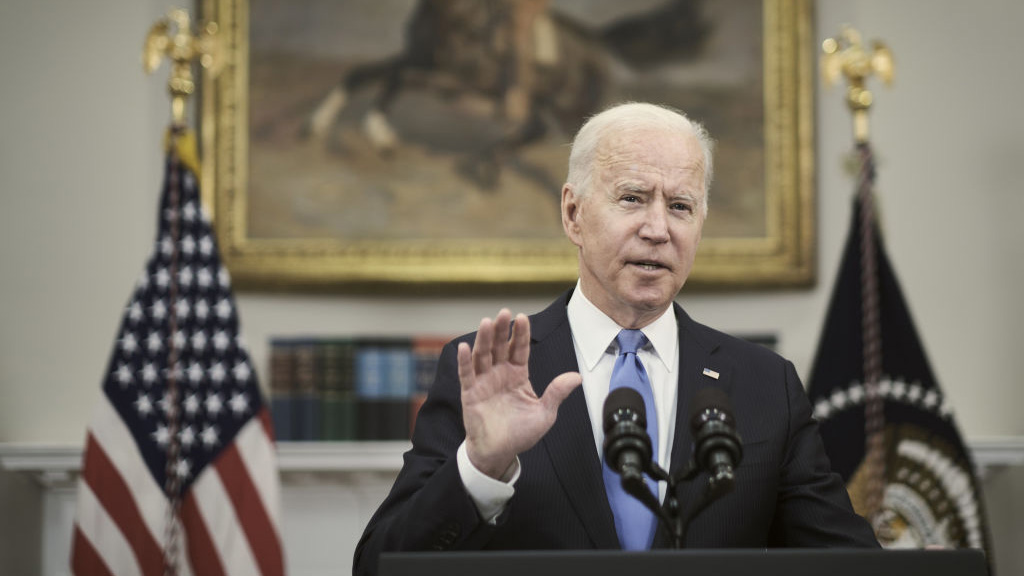 US says National Cybersecurity Strategy will focus on market resilience and private partnerships
US says National Cybersecurity Strategy will focus on market resilience and private partnershipsNews The recently announced implementation plans alow for more aggressive action against ransomware gangs
By Rory Bathgate
-
 US ‘Tech Hubs’ drive aims to boost innovation in American heartlands
US ‘Tech Hubs’ drive aims to boost innovation in American heartlandsNews The development of the hubs will could help drive regional innovation and support for tech companies
By Ross Kelly
-
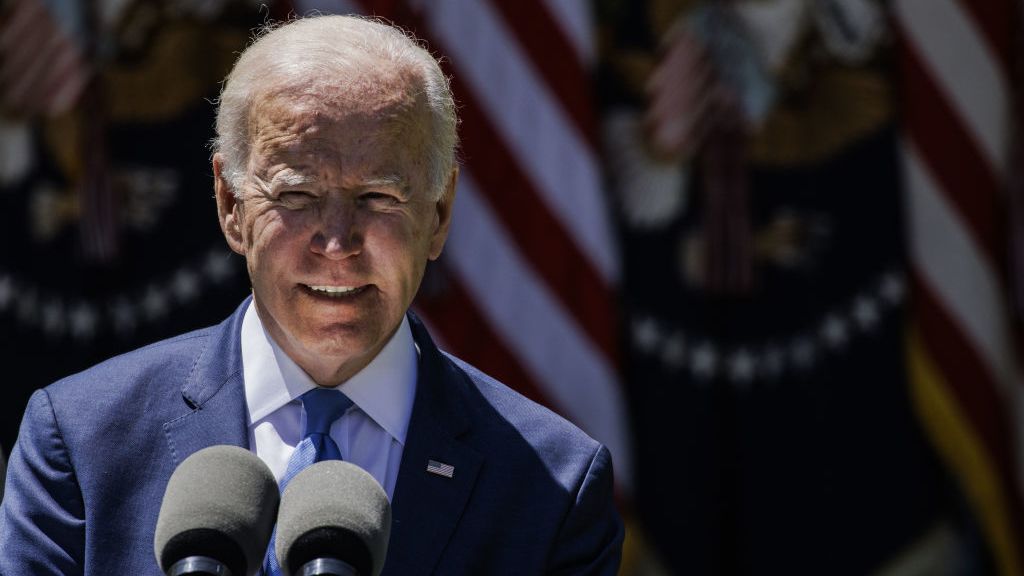 Biden sets June deadline for $42 billion broadband funding outline
Biden sets June deadline for $42 billion broadband funding outlineNews The announced deadline come prior to a much-awaited update to the FCC's US broadband map, giving a clearer image of the internet challenges facing the nation
By Rory Bathgate
-
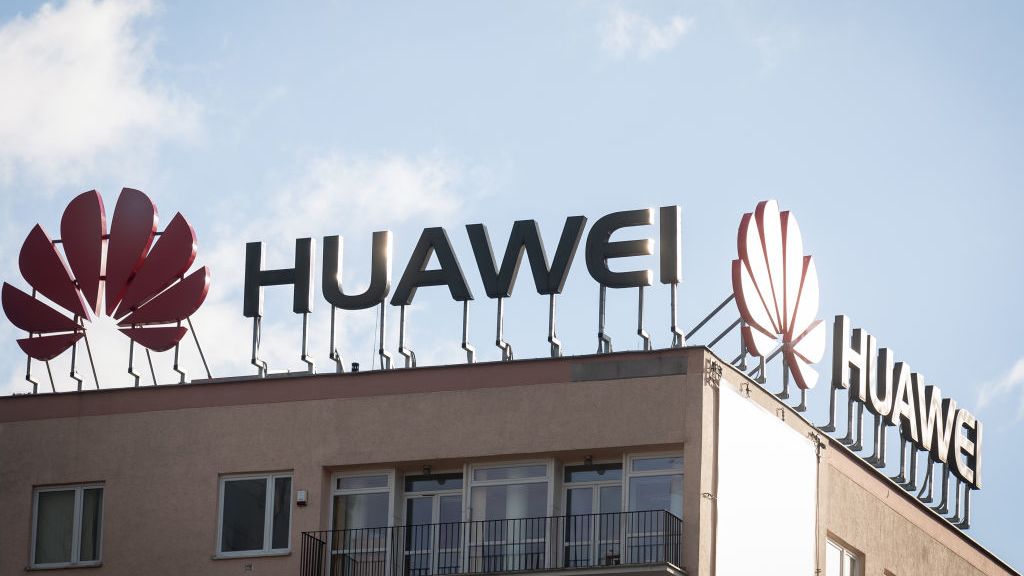 FCC eyes formal ban of all Huawei, ZTE equipment sales
FCC eyes formal ban of all Huawei, ZTE equipment salesNews Approaching the deadline to pass such a ruling, companies such as Kaspersky face similar restrictions
By Rory Bathgate